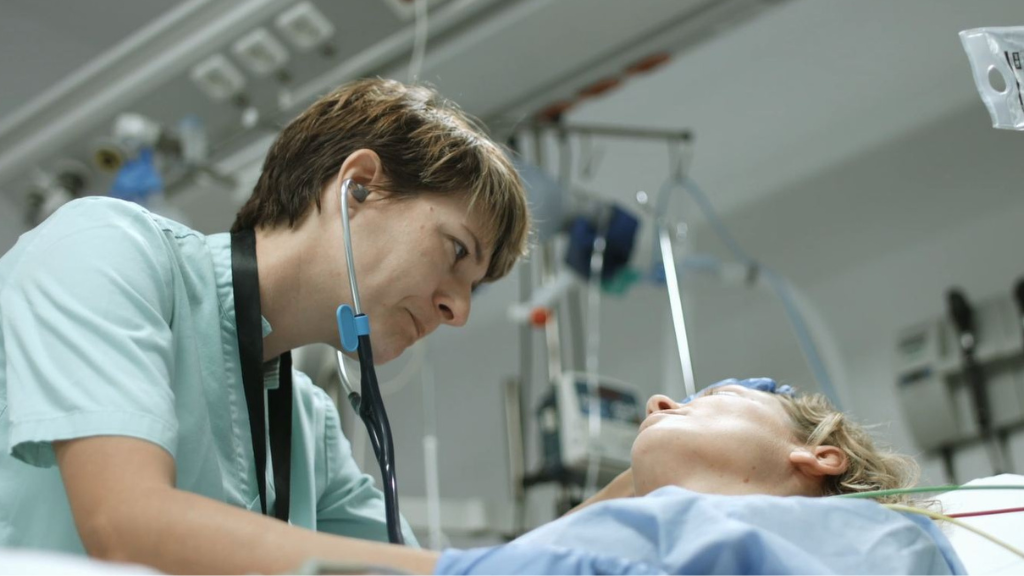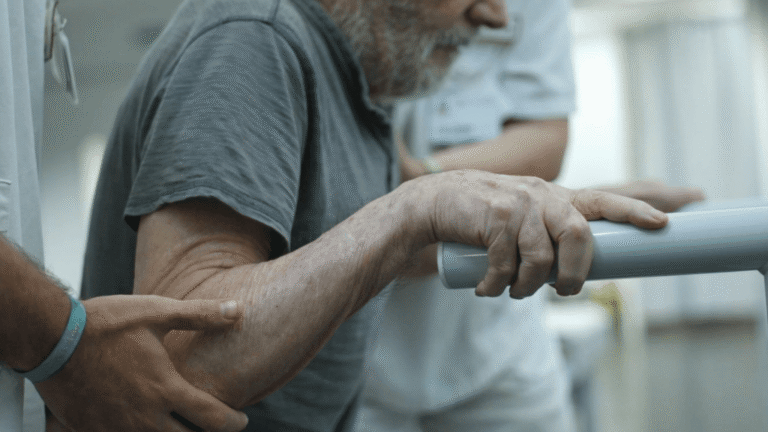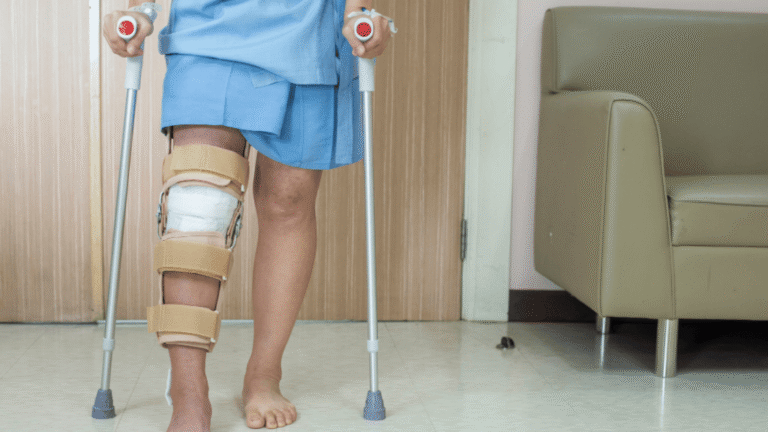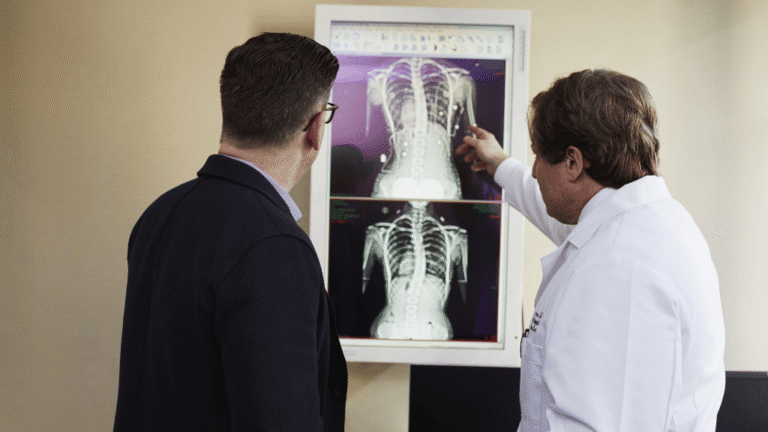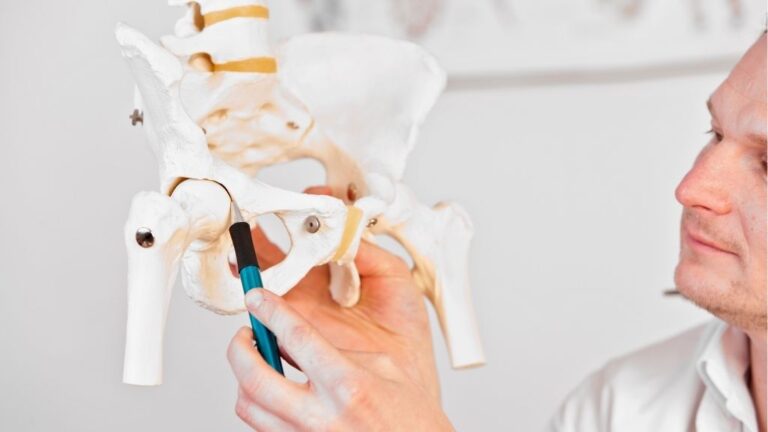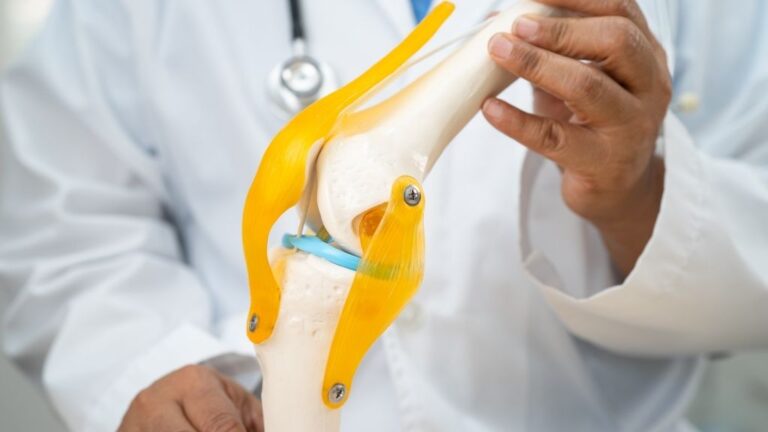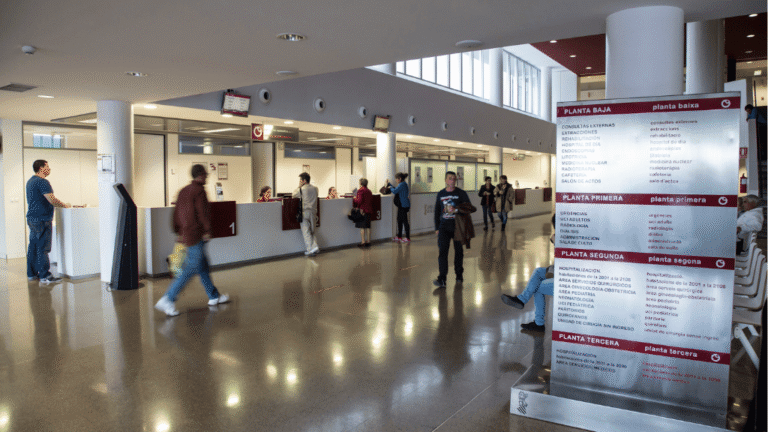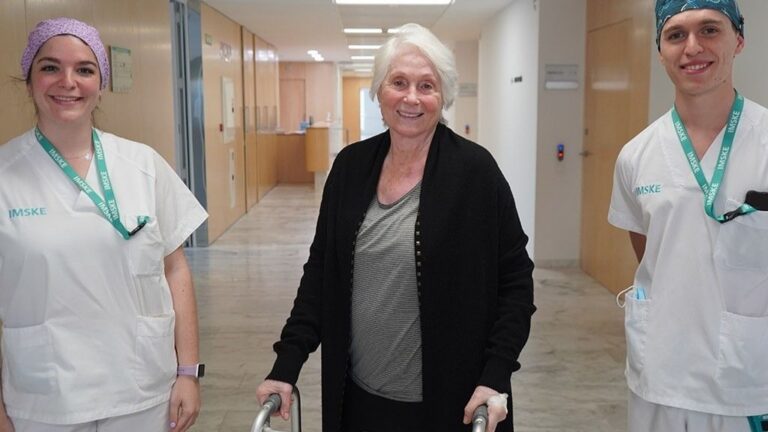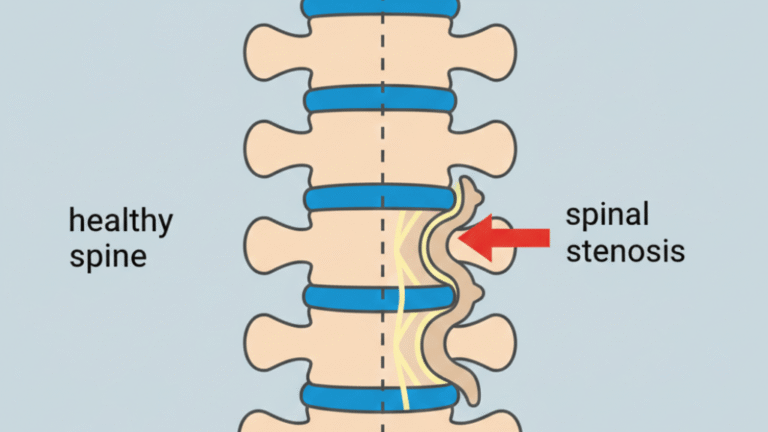The heart, with its steady and precise rhythm, is the core of our cardiovascular health. But what happens when that rhythm is disrupted? Heart arrhythmias are abnormalities in the heart’s normal rhythm that can manifest in many ways—from excessively fast beats to unexpected pauses. Some arrhythmias are harmless, while others require immediate medical attention. Understanding the different types of arrhythmias, their causes, and symptoms is essential for timely diagnosis and effective treatment.
At Ribera Care International, we offer a network of specialized hospitals where arrhythmias and other heart conditions are diagnosed and treated using advanced technology and a highly trained medical team. Learn more about our cardiology services and specialists by visiting our Cardiology department.
What Is a Heart Arrhythmia?
The term arrhythmia refers to any irregularity in the heart’s rhythm, which may affect its rate or regularity. A healthy heart usually beats 60 to 100 times per minute at rest, with a rhythm controlled by electrical impulses traveling through the heart chambers. When these impulses are disrupted, the heart may beat too fast (tachycardia), too slow (bradycardia), or with an irregular pattern.
Arrhythmias may be temporary or chronic, and their impact varies depending on the type and the patient’s overall cardiovascular health. While some people experience no symptoms, others may feel dizziness, severe fatigue, or even fainting. Early diagnosis and proper treatment are key, as untreated arrhythmias can lead to serious complications such as heart failure or stroke.
Types of Heart Arrhythmias and Their Characteristics
Supraventricular Tachycardia (SVT)
This group of arrhythmias originates in the upper chambers of the heart (atria) and causes abnormally fast heart rates—often above 150 beats per minute. Episodes can last from a few seconds to several hours, and in some cases, may persist and require specialized treatment.
- Atrial Fibrillation (AFib): The most common sustained arrhythmia in older adults, characterized by rapid, disorganized atrial beats. It increases the risk of blood clots and stroke and can cause fatigue, shortness of breath, and palpitations.
- Atrial Flutter: Similar to AFib but with a more organized rhythm. It causes very fast heartbeats, potentially leading to chest pain or breathlessness.
- Paroxysmal Atrial Tachycardia: Sudden episodes of rapid heartbeat lasting minutes to hours, often triggered by stress or caffeine. Common in younger individuals.
Ventricular Tachycardia (VT)
This arrhythmia begins in the ventricles and causes fast, ineffective heartbeats. It can be life-threatening if not treated immediately, as it compromises the heart’s ability to pump blood.
- Ventricular Fibrillation (VFib): One of the most serious arrhythmias, where the ventricles quiver instead of pumping blood effectively. It can result in cardiac arrest and sudden death without immediate defibrillation.
Bradycardia
An abnormally slow heart rate (less than 60 beats per minute) can reduce the blood supply to the body. Symptoms may include extreme fatigue, dizziness, shortness of breath, and fainting.
- Sinus Bradycardia: Caused by the sinus node (the heart’s natural pacemaker) generating impulses more slowly than normal. Often seen in athletes but may become problematic if symptoms are present.
- Atrioventricular (AV) Block: Occurs when electrical signals fail to travel properly between the atria and ventricles, possibly requiring a pacemaker in severe cases.
Premature Heartbeats (Extrasystoles)
These are extra heartbeats that occur outside the normal rhythm. Often harmless, they may feel like skipped beats or palpitations, but frequent occurrences may signal an underlying issue.
- Premature Atrial Contractions (PACs): Originate in the atria and are usually benign.
- Premature Ventricular Contractions (PVCs): May be more concerning if frequent and linked to underlying heart disease.
Causes of Heart Arrhythmias
Heart arrhythmias may be triggered by several factors:
- Heart conditions: Previous heart attack, heart failure, cardiomyopathy, or valve disease
- Electrolyte imbalances: Abnormal levels of potassium, sodium, calcium, or magnesium
- Stress and anxiety: Emotional triggers can affect the sympathetic nervous system and disrupt heart rhythm
- Stimulant use: Caffeine, nicotine, alcohol, and recreational drugs
- Hormonal disorders: Thyroid imbalances may cause tachycardia or bradycardia
Diagnosis and Treatment of Arrhythmias
To diagnose arrhythmias, cardiologists use a range of tests including ECG (electrocardiogram), 24-hour Holter monitoring, stress tests, and electrophysiological studies. Treatment options depend on the type of arrhythmia and may include:
- Antiarrhythmic medications
- Catheter ablation to eliminate abnormal electrical pathways
- Pacemaker or implantable defibrillator (ICD) for severe cases
At Ribera Care International’s specialized hospitals, we offer expert teams and state-of-the-art technology to diagnose and treat arrhythmias, ensuring personalized and effective care for every patient. Learn how we design your personalized treatment plan based on your specific needs.
Arrhythmias can range from harmless to life-threatening if not diagnosed and treated promptly. Understanding their types, causes, and symptoms is essential for prevention and effective management. If you experience signs of arrhythmia, it’s crucial to see a specialist for evaluation and appropriate care to keep your heart healthy and in rhythm.
Frequently Asked Questions (FAQs) About Heart Arrhythmias
What are the risk factors for developing arrhythmias?
Arrhythmias may be linked to chronic conditions like high blood pressure, diabetes, coronary artery disease, heart failure, or family history of heart disease. Lifestyle habits like smoking, alcohol abuse, and obesity also increase risk. Temporary factors such as infections, electrolyte imbalances, and prolonged stress can also trigger arrhythmias.
Can arrhythmias be detected during a routine check-up?
Yes, many asymptomatic arrhythmias are detected during routine exams through basic tests like an ECG. For intermittent arrhythmias, a Holter monitor may be used to track your heart rhythm over 24 to 48 hours.
Can lifestyle changes help prevent arrhythmias?
While some arrhythmias are tied to underlying heart conditions, lifestyle changes play a key role in prevention and control. A heart-healthy diet low in sodium and saturated fats, regular physical activity, limiting caffeine and alcohol, managing stress, and avoiding tobacco are all effective in reducing arrhythmia risk.
What are the complications of untreated arrhythmias?
Untreated arrhythmias can lead to serious complications such as heart failure due to poor cardiac output. Atrial fibrillation increases the risk of blood clots and stroke. Severe ventricular arrhythmias may result in sudden cardiac death if not treated in time.
How does catheter ablation help in treating arrhythmias?
Catheter ablation is a minimally invasive procedure that uses energy (radiofrequency or cryotherapy) to destroy small areas of heart tissue causing abnormal electrical signals. It helps restore a normal rhythm, reduce symptoms, and often decreases the need for long-term medication. It’s especially effective in SVT and atrial fibrillation.
Why choose Ribera Care International for arrhythmia diagnosis and treatment?
At Ribera Care International, we provide specialized cardiac care with a personalized approach. Our hospitals feature cutting-edge technology and a dedicated team of experts focused on accurate diagnosis and effective treatment of arrhythmias—from medication to advanced procedures like catheter ablation. Our priority is to safeguard your cardiovascular health and help you maintain a steady, healthy heartbeat.
